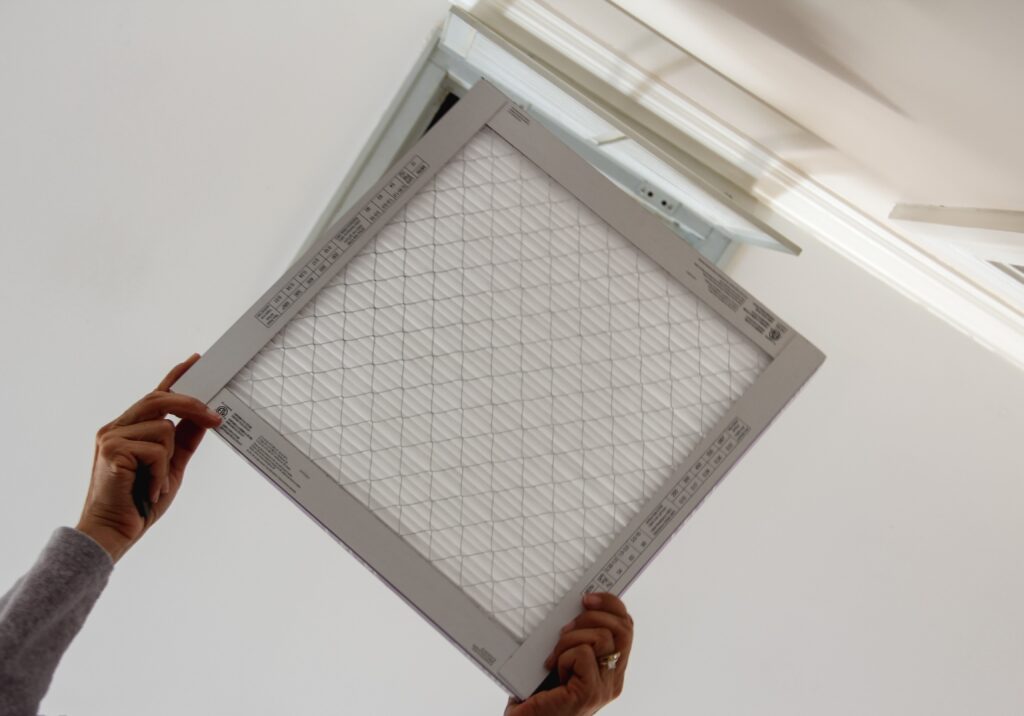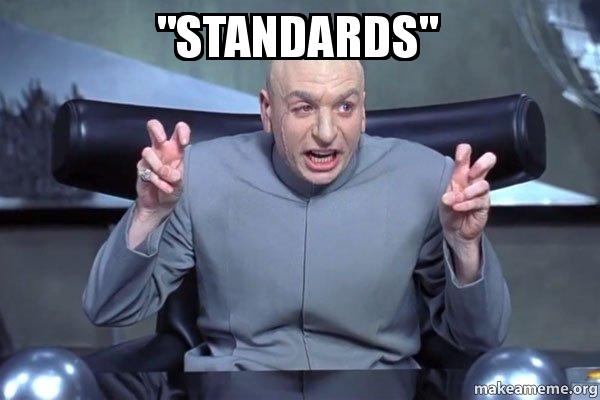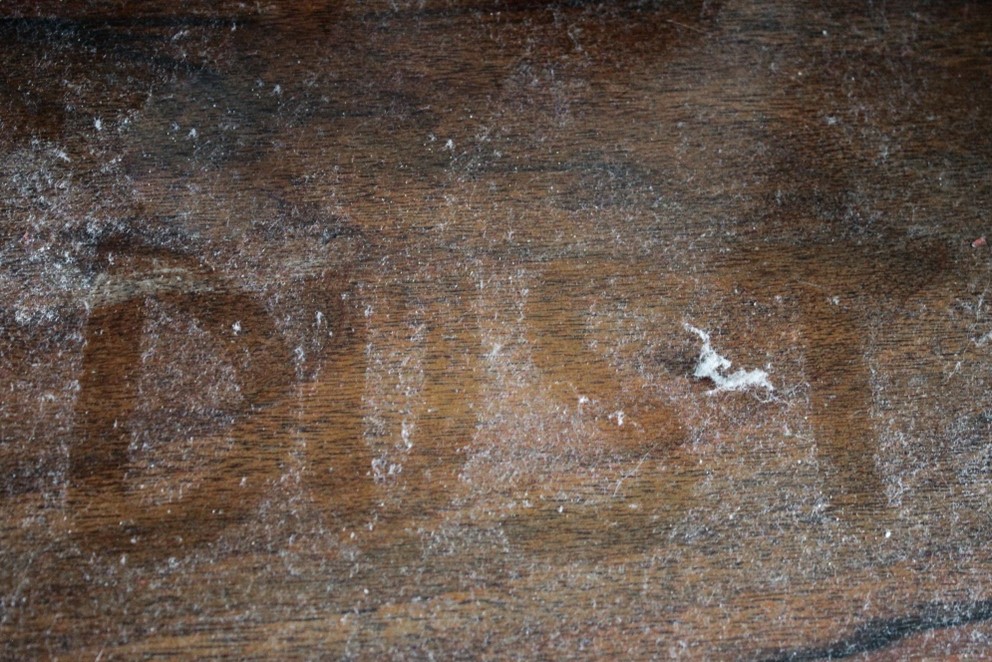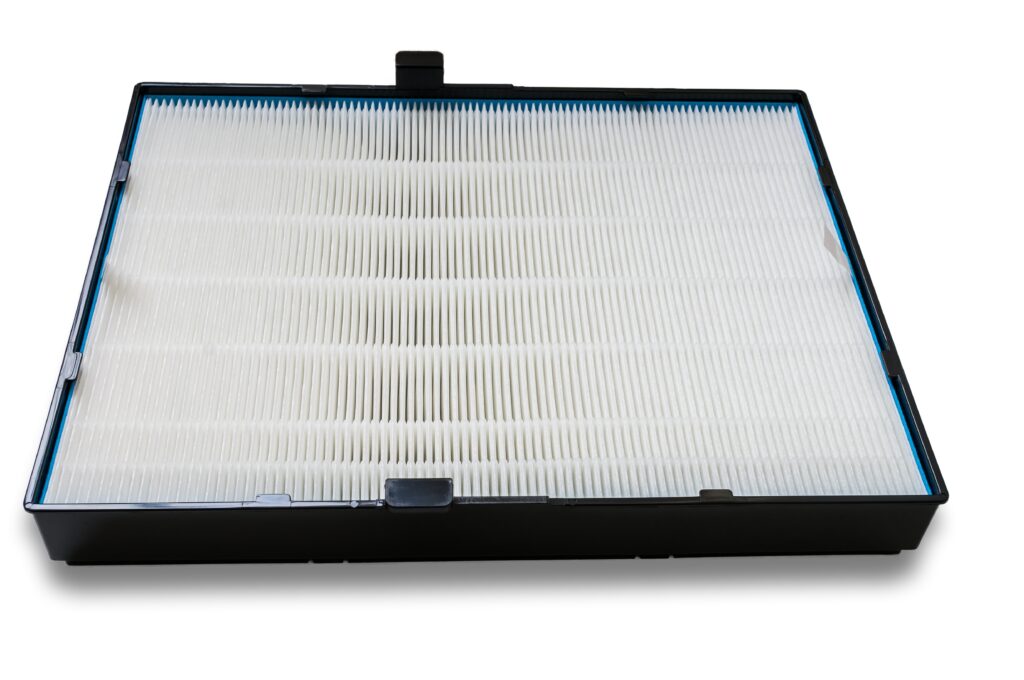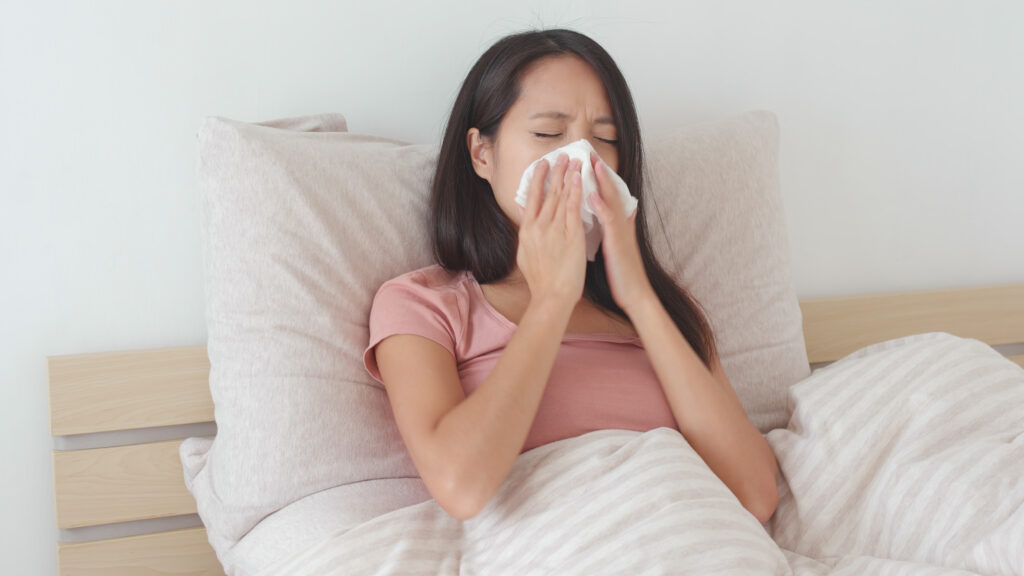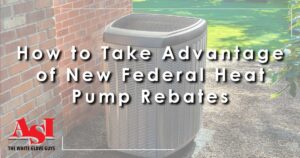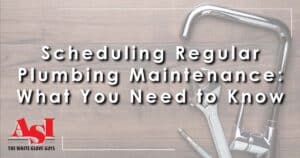Air quality is one of those things that we don’t think about until there’s a problem. However, poor indoor air quality can be a major source of irritation and discomfort for us and our animals.
MERV ratings are an industry standard for rating the filtration efficiency of a pleated filter. While you can find this information in your furnace’s user manual, you might not know what the numbers mean.
So, let’s learn more about MERV ratings and figure out why choosing a filter with the right rating is important for your HVAC system and family.
What is a MERV Rating?
MERV stands for Minimum Efficiency Reporting Value, and it’s a standardized measurement of filter efficiency. The MERV rating is a straight measure of how well the filter blocks particles from passing through it.
The higher the MERV rating, the better the filter.
The scale ranges from 1 to 20, with a higher number indicating a tighter pore structure that can filter out smaller particles.
Understanding a MERV Rating
If you’ve ever shopped for an air filter or furnace filter, you may have noticed that the MERV rating ranges from 1-20. What does this mean?
If you have pets in your home or smoke inside, you’ll want to consider buying a MERV 8 filter. This will help to remove particles such as dander from the air passing through it.
But higher isn’t always better. The higher the MERV rating, the more restrictive it is. This means that it will cause your HVAC system to work harder to push air through the filter.
What does this mean for you?
Higher energy bills!
So choose the MERV rating of your air filter carefully, and always ask a professional if unsure which rating you need.
MERV Ratings and Their Uses
MERV ratings are an important part of indoor air quality. They measure the filter’s effectiveness in your HVAC system and can help you determine what type of filter you should buy for your home.
MERV rating 1-7
MERV 1-7 air filters are generally used in spaces with a lot of ventilation. That’s because they capture larger particles than smaller ones. This makes them ideal for larger spaces like industrial settings where the airflow is already good.
Capturing larger particles helps protect machinery and equipment from damage
MERV Rating 8-13
The majority of residential AC systems use filters with a minimum MERV rating of 8 or above.
If you live in an area with high levels of smoke pollution, you should opt for a MERV rating of 13 or above.
MERV Rating 14-20
Hospitals and laboratories need clean environments because they must maintain sterility at all times to prevent infection or the spread of disease among patients and staff members. That’s why hospitals often have air filters with very high MERV ratings.
However, you can still have a high MERV rating in your home. The best way to enjoy cleaner air at home is to use a HEPA filter.
Does a HEPA Filter Have a MERV Rating?
A HEPA filter is one of the best ways to keep your home clean and healthy. The acronym stands for high-efficiency particulate air. These filters are designed to catch dust particles in the air, which can come from pets, dust mites, or even cigarette smoke.
Most HEPA filters have a MERV rating of 17 or above. This means they trap 99.97% of air particles that are 0.3-1.0 microns in size. However, they aren’t always labeled with a MERV rating because they exceed the tests used for MERV ratings.
Struggling to keep your indoor air pollutants free? If you need to figure out your home’s needs, start by comparing your current filters. If they have a MERV rating of 7 or lower, it’s time to upgrade.
If you need more information about MERV-rated air filters, contact the HVAC experts at ASI today.


